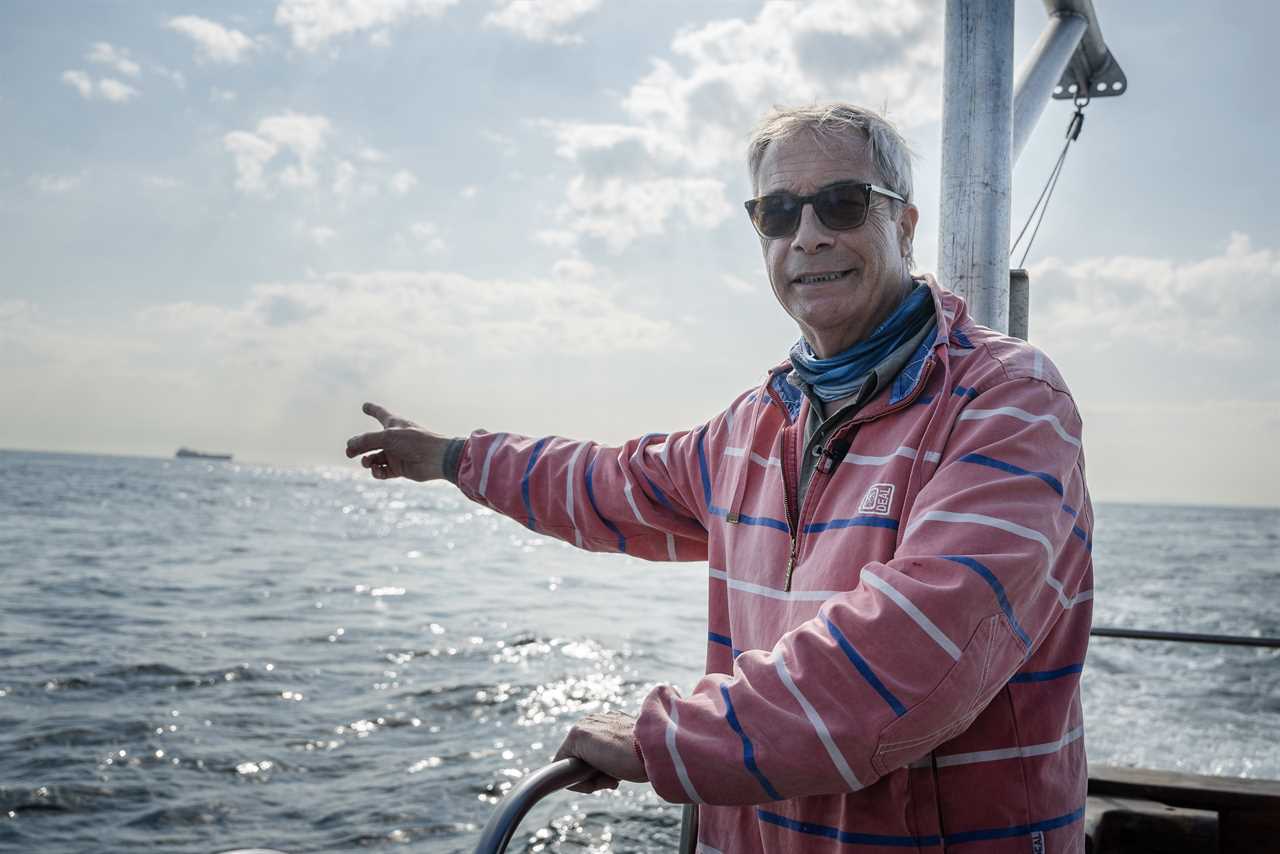
In the wake of the migrant crisis engulfing the English Channel, Nigel Farage's scathing critique of Emmanuel Macron's handling of the situation is emblematic of the broader political tensions surrounding Brexit fallout. Farage's accusations against Macron, suggesting a strategic ploy to pull the UK back towards the EU fold through a new migrant returns agreement, unveil a complex web of power dynamics and transnational relationships. This heated exchange not only reflects the immediate challenges faced by both countries but also underscores deeper-rooted issues around immigration policy, national sovereignty, and the enduring legacy of Brexit.
The wider context: Interpreting the Macron-Farage Discord
Farage's accusation that Macron is leveraging the migrant crisis to manipulate the UK's position vis-à-vis the EU demands a closer look at the intertwined histories of Brexit, migration, and Franco-British relations. By highlighting Macron's alleged political calculations, Farage exposes the intricate dance of power plays between European leaders amidst a humanitarian emergency. This clash of narratives reveals the ongoing struggle to define post-Brexit identities and responsibilities, shedding light on the broader implications of the UK's departure from the EU.
Challenging narratives: Beyond blame games
While both Macron and Farage engage in a blame game over the surge in illegal crossings, it is crucial to move beyond mere accusations and confront the systemic challenges at play. Farage's assertion that the migration issue predates Brexit raises questions about the historical neglect of effective immigration policies by successive UK governments. By reframing the discourse around responsibility and accountability, this debate transcends individual blame to interrogate the structural shortcomings that perpetuate the crisis.
Policy implications: Examining the small boats plan
The unveiling of Sir Keir's small boats plan and the subsequent criticisms from immigration experts underscore the complexities of implementing deterrence measures in the face of escalating migration flows. The scepticism surrounding the efficacy of return agreements and the looming legal battles over deportation procedures highlight the legal and ethical quagmire inherent in addressing migration through punitive measures. As politicians grapple with balancing humanitarian concerns and border control, the need for sustainable, rights-based solutions becomes increasingly apparent.

Global perspectives: Navigating international cooperation
Against the backdrop of global migration challenges, the Macron-Farage feud offers a microcosm of the broader tensions between national interests and international solidarity. The intricate negotiations over migrant returns, legal frameworks, and cross-border cooperation exemplify the complexities of managing migration in an interconnected world. By placing the English Channel crisis within a global context, we are reminded of the shared responsibilities and ethical imperatives that transcend political divides and demand collective action.
In conclusion, the fiery exchange between Farage and Macron serves as a poignant reminder of the multifaceted nature of contemporary migration debates. As the UK grapples with post-Brexit realities and France navigates its own political landscape, the migrant crisis emerges as a crucible for testing diplomatic relations, policy coherence, and moral obligations. By delving beneath the surface of political rhetoric and confrontational posturing, we are compelled to confront the underlying complexities and systemic injustices that define the migrant experience in Europe today.






